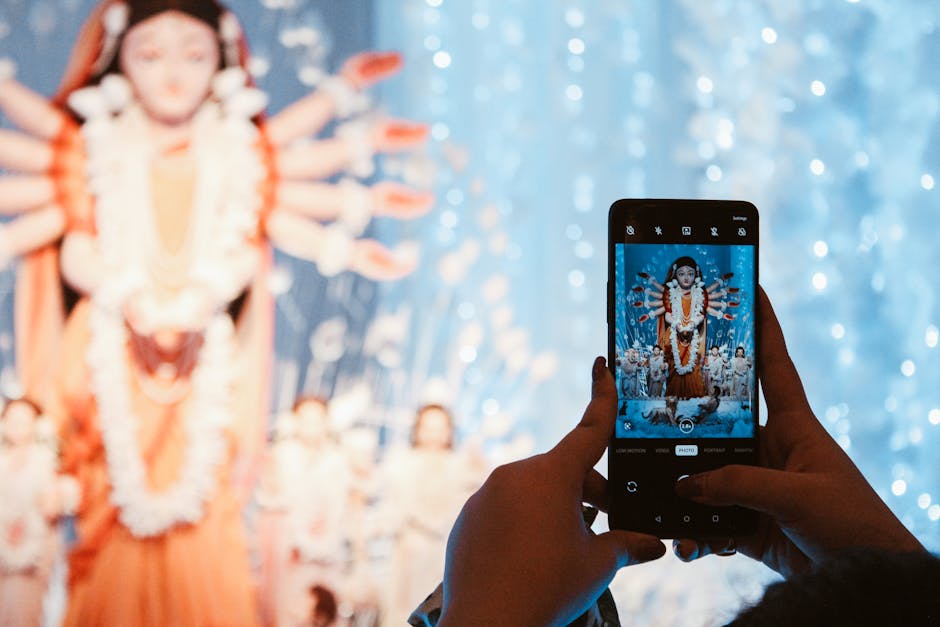The human experience is profoundly marked by a desire to understand our place in the universe, our connection to others, and the profound meaning that underlies existence. This quest for understanding often manifests in spiritual practices and beliefs, prompting a critical examination of the relationship between spirituality and religion, specifically the role of deity belief within spiritual frameworks. While religion often intertwines with a belief in a divine being, exploring the nuances of spirituality reveals a multifaceted landscape where belief in a deity isn’t always a prerequisite.
Many spiritual traditions are built upon a foundation of reverence for something greater than ourselves. This could be nature, the cosmos, the interconnectedness of all things, or an intrinsic, inherent consciousness residing within each individual. These perspectives often explore concepts like mindfulness, self-awareness, compassion, and ethical living. Buddhism, for example, emphasizes the path to enlightenment through practices like meditation and ethical conduct without explicitly requiring a belief in a personal creator deity. Similarly, Taoism focuses on living in harmony with the Tao, a natural order of the universe, without the need for a theistic framework.
Examining these non-theistic traditions reveals a key difference between spirituality and religion. Religion typically encompasses a structured set of beliefs, rituals, and practices often centered around a specific deity or set of deities. These systems often provide a framework for understanding the world and a sense of community. Spirituality, conversely, can be described as a personal journey toward a deeper understanding of oneself and the universe, devoid of prescribed doctrines. It’s about cultivating inner peace, expanding consciousness, and developing a connection with something larger than oneself not necessarily a god or goddess.
Philosophical perspectives shed further light on this distinction. Existentialism, for instance, emphasizes individual freedom and responsibility in shaping one’s own meaning. The individual, in this context, is empowered to construct their values and beliefs without reliance on external authority, including deity belief systems. This aligns with a fundamental aspect of spiritual inquiry, the search for meaning in the absence of a pre-ordained script. Individuals, driven by an intrinsic desire for connection and purpose, might embark on spiritual paths guided by a deep connection with nature, art, or the human experience itself.
A critical factor in differentiating spiritual practices from religious ones lies in the concept of faith. Religious faith often entails acceptance of doctrines and beliefs without necessarily demanding empirical evidence. Conversely, some spiritual practices encourage critical reflection, questioning, and a willingness to grapple with uncertainty. While a deep-seated sense of faith might underpin some individuals’ spiritual journeys, it need not be reliant on the acceptance of divine truths. Meditation and mindfulness, for instance, often prioritize experiential awareness and self-discovery. In these instances, faith in a greater truth is interwoven with a personal effort to understand and connect with oneself and the universe on a deeper level.
One compelling argument for the independence of spirituality from deity belief stems from personal experience. Many individuals report finding profound meaning and connection in their lives without subscribing to any particular faith tradition. Experiences like awe-inspiring natural phenomena, profound artistic creations, or moments of deep connection with others can spark an intrinsic spiritual response. These moments reveal a fundamental human yearning for something transcendent, and they can provide a pathway to a deeper understanding of existence, without the need for a theistic framework.
Examining various spiritual traditions, one finds a diverse tapestry of perspectives on the human experience. Pantheistic viewpoints, for example, equate God or the divine with the totality of existence, fostering a sense of interconnectedness with all of creation. This perspective encompasses a range of experiences, including natural beauty, scientific discovery, and interpersonal relationships. Ultimately, a spiritual journey can unfold as a response to the mystery of existence, where personal experience and philosophical reflections become essential components in the exploration of meaning.
Ultimately, the relationship between spirituality and deity belief is highly individual. While some individuals find solace and guidance within structured religious frameworks, others may cultivate a profound spiritual awareness without relying on deity belief. Crucially, the essence of spirituality is not dependent on the existence or non-existence of a divine being, but rather on the exploration of inner meaning, connection with something larger than oneself, and the pursuit of a fulfilling life. It’s a quest for understanding, for connection, and for a sense of belonging that can manifest in countless ways, reflecting the diverse experiences and perspectives of humanity itself.






